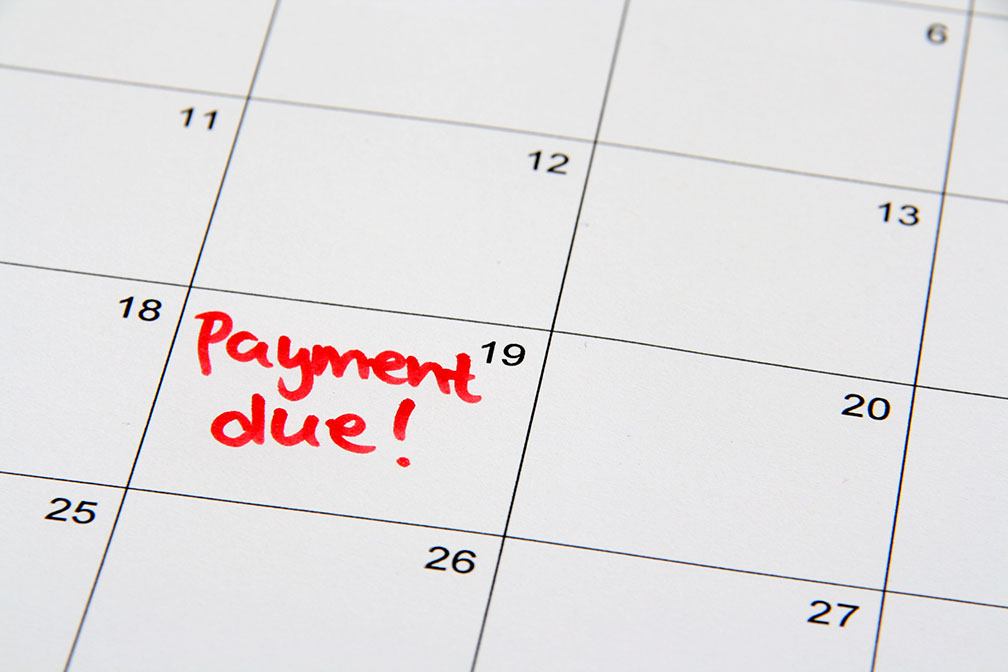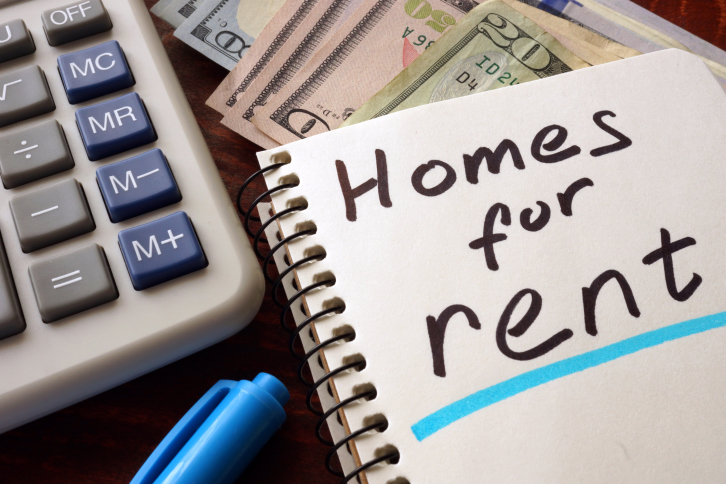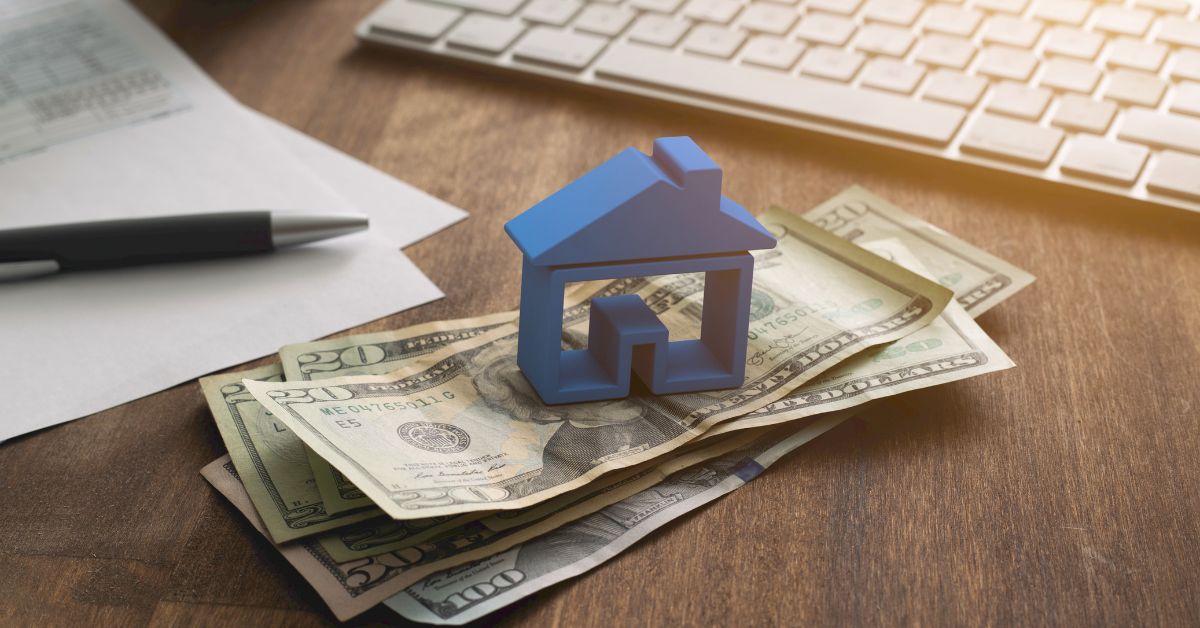On Time, Every Time: How Being Late on Monthly Payments Can Affect Your Mortgage
 Are you the type of person that struggles with remembering to pay their bills on time? You’re not alone. People across the country regularly submit late monthly payments, inflicting terrible damage to their credit. Let’s take a quick look at how paying your loan or other monthly payments late can have a negative impact on your mortgage.
Are you the type of person that struggles with remembering to pay their bills on time? You’re not alone. People across the country regularly submit late monthly payments, inflicting terrible damage to their credit. Let’s take a quick look at how paying your loan or other monthly payments late can have a negative impact on your mortgage.
Your Credit Score Is At Risk
As you already know, almost all banks, credit cards, mortgage companies and other lenders rely on your credit score to help assess the risk of lending money to you. Paying any of your payments late – even something as small as your mobile phone bill or a department store credit card – can result in negative marks showing up on your credit report. If you are late enough times or fail to repay the late payment in full, then your score will start to drop.
Refinancing Can Be Affected
If you already have a mortgage, then a lower credit score can be a problem when you try to refinance. The process of refinancing involves taking out a new mortgage, in which your lender will reassess your risk using your credit score as one of the indicators. If you have been making late payments, you might end up having to settle for a higher interest rate or you may even be declined for the new mortgage.
Making A Late Payment? Contact Your Lender
If you are caught in a bind and have to make a late payment, it is best to get a call in to your lender as soon as possible. First, there may be a grace period in which you can be a few days late without any penalty. If that little bit of breathing room is all you need to get caught up, you’re set. If not, you can let them know your circumstances and discuss what options you have.
It is essential to pay your monthly payments on time, even if it means making some small sacrifices in other areas. The better your credit score looks, the more opportunities you will have to make positive financial moves in the future. To learn more about monthly mortgage payments or to take out a mortgage on a new home, contact us today. Our team of mortgage professionals is here to help you find a mortgage to buy the home of your dreams.

 Have you finally found your dream home after months of searching, only to discover that the seller has received other offers? Few circumstances can raise your stress level as much as finding yourself in a bidding war against another buyer. However, being unprepared by not having your finances in order can make the situation even worse. Let’s take a quick look at a few ways that you can speed up your mortgage approval if you are in a hurry to buy your next home.
Have you finally found your dream home after months of searching, only to discover that the seller has received other offers? Few circumstances can raise your stress level as much as finding yourself in a bidding war against another buyer. However, being unprepared by not having your finances in order can make the situation even worse. Let’s take a quick look at a few ways that you can speed up your mortgage approval if you are in a hurry to buy your next home. If you’re at the stage in life where home ownership is nearly within your reach, you’re probably wondering whether you should start looking for a home or whether you should just keep renting. Renting is easier, people say, and it gives you more mobility. But over the long term, all that rent money can really add up – and it eventually reaches a point where buying a home is a better deal.
If you’re at the stage in life where home ownership is nearly within your reach, you’re probably wondering whether you should start looking for a home or whether you should just keep renting. Renting is easier, people say, and it gives you more mobility. But over the long term, all that rent money can really add up – and it eventually reaches a point where buying a home is a better deal. Home ownership may be one of the most familiar goals of adulthood, but there’s more than one reason why so many people flock towards this type of investment and leave the rental market behind. If you’re trying to decide if you should make the big plunge towards buying, here are some benefits of saving up for a down payment and finding the right place to settle in.
Home ownership may be one of the most familiar goals of adulthood, but there’s more than one reason why so many people flock towards this type of investment and leave the rental market behind. If you’re trying to decide if you should make the big plunge towards buying, here are some benefits of saving up for a down payment and finding the right place to settle in.